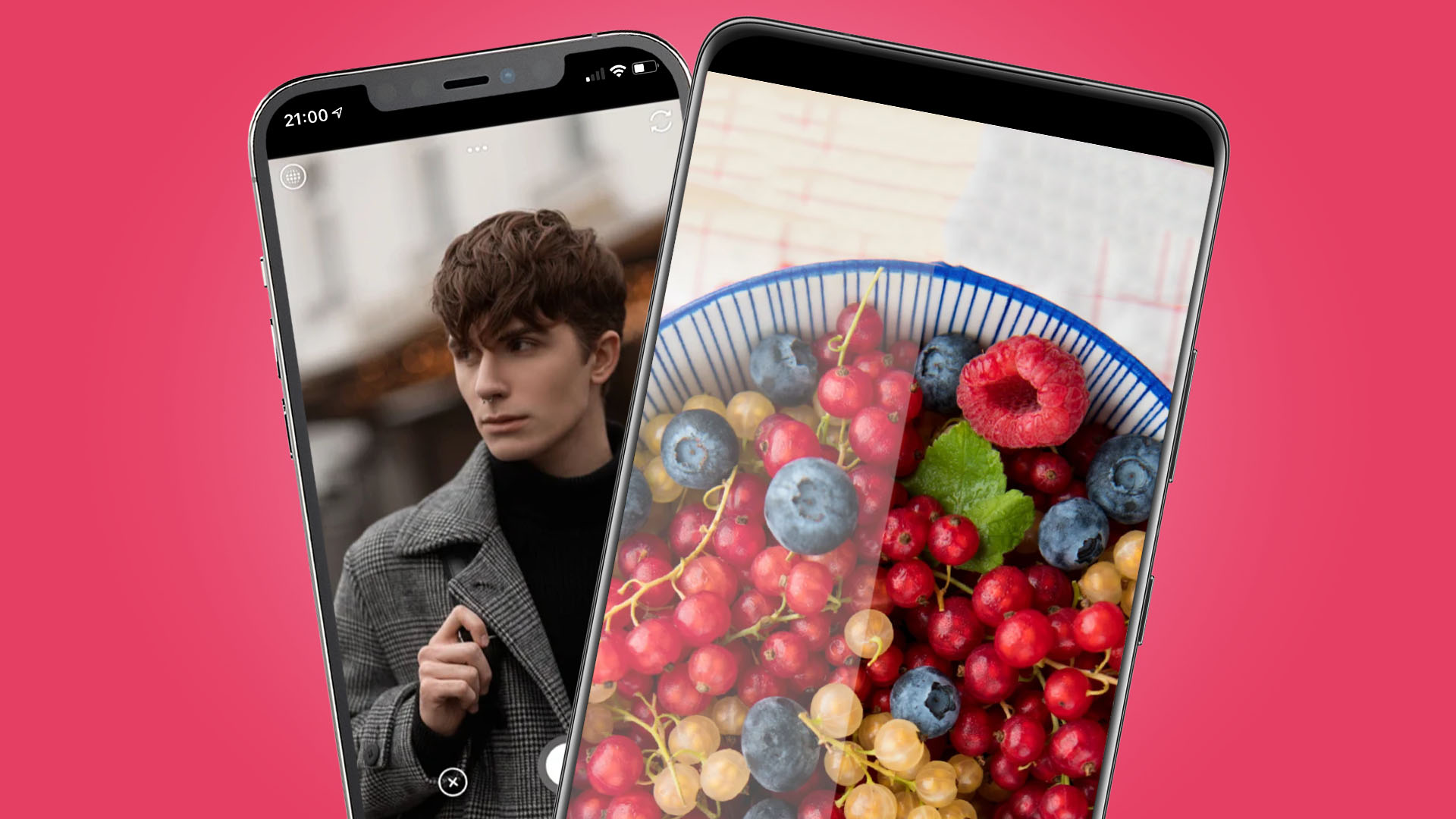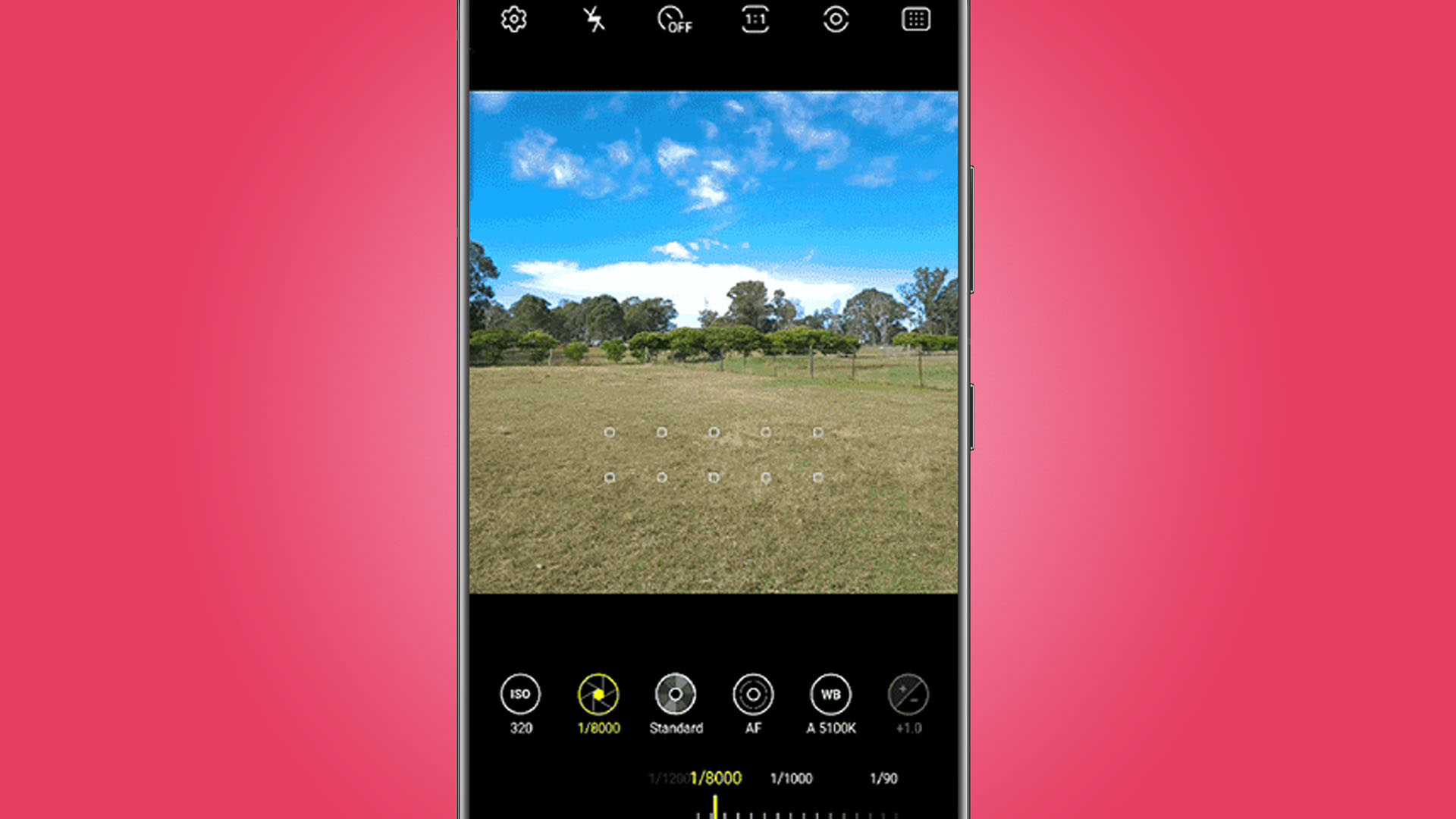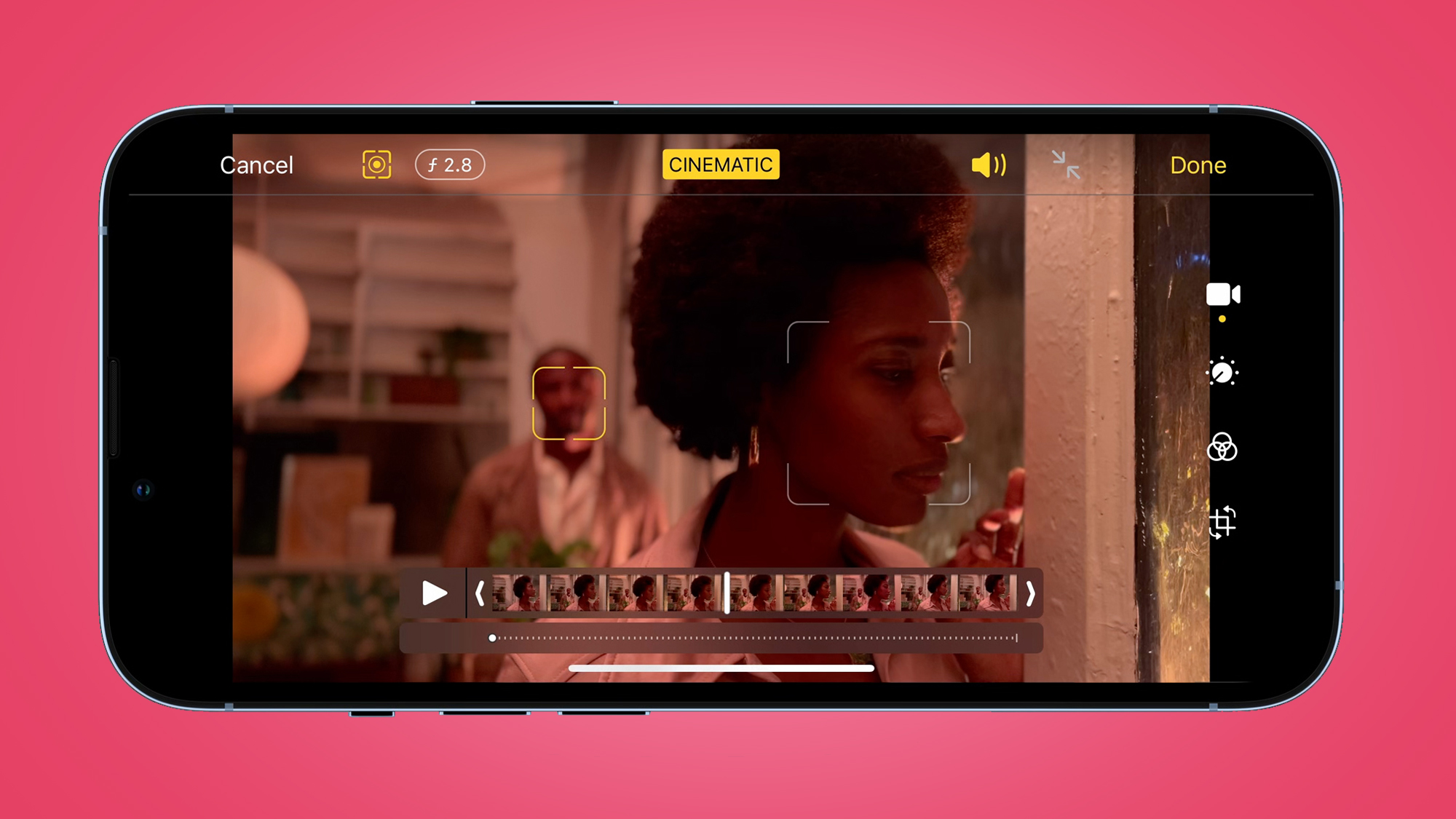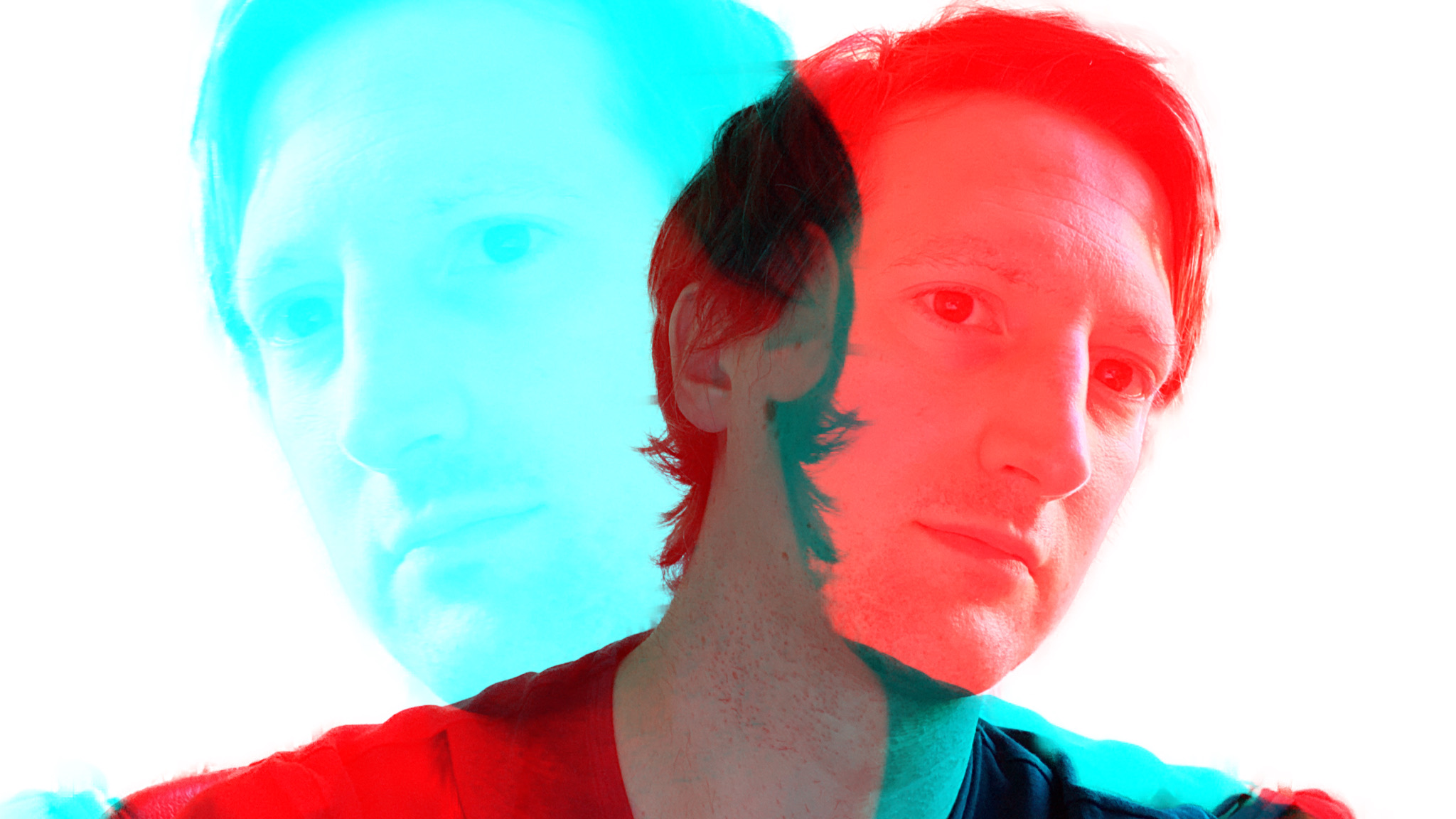Adobe promises computational ‘sorcery’ from incoming Photoshop app
Adobe promises 'sorcery' for next-gen Photoshop app

Adobe is working on a new "universal camera app" that builds on its existing Photoshop Camera editor – and the project's lead has promised it'll have the computational "sorcery" he once brought to the early Google Pixel phones.
In a fascinating interview on the Adobe Life blog, Adobe's VP and Fellow Marc Levoy – who once pioneered Google's computational photography tech for the Pixel phones – talked about Adobe's future software plans and why the company is likely to explore the "computational video" seen in the likes of Apple's Cinematic Mode.
Google's Pixel phones may no longer be the outright leaders in smartphone cameras, but in 2018 the Google Pixel 3 made huge leaps with features like Night Sight and Super Res Zoom. Adobe's Marc Levoy was the spark behind those innovations and he's looking to do the same for a next-gen Photoshop app.
"Now that I’m here at Adobe, I’d like to continue creating photographic experiences that astonish people," he said. "As Arthur C. Clarke wrote 60 years, 'any sufficiently advanced technology is indistinguishable from magic'. I want to be accused of sorcery again!".
So what kind of 'sorcery' can we expect exactly? While Marc Levoy didn't reveal many specifics, as Adobe's research papers are still being reviewed, he did explain the broad idea behind the next version of Photoshop Camera – and it's likely to combine pro-level editing tools with Google Pixel-style computational tricks. That's a recipe that could take your photos and editing skills to the next level.
Professional sorcery
"At Google, my goal was to democratize good photography. At Adobe, my goal is to democratize creative photography," he explained. "More than one reviewer of recent Google and Apple phones have noted that while they both include the word "Pro", they don't offer photography pros any real control over the camera," he added.
This is the problem Adobe's app is looking to fix, it seems. "Samsung phones do offer manual controls, but as soon as you invoke them, you drop back from burst-mode computational photography to single-frame captures, which look noisy," he noted. "Nobody has yet married pro controls to computational photography image processing pipelines. What better place to do this than Adobe, who pioneered tools for pro photographers?"
Get daily insight, inspiration and deals in your inbox
Sign up for breaking news, reviews, opinion, top tech deals, and more.

This would certainly be a big deal for all kinds of photographers – while Apple's ProRaw format promised to bring similar benefits, it seems Adobe is planning to go a few steps further by bringing to computational tricks like intelligent image stacking to manual modes.
A more advanced, pro-friendly version of Photoshop Camera, which currently focuses on light effects like outlandish portrait filters, could also be a boon for those with mirrorless cameras. Cameras from the likes of Sony, Canon and Nikon have failed to learn computational tricks like the ones we're using to seeing in our phones, but Adobe could help plug the innovation hole with some smart post-processing.
Quality control
Dumbing down or automating the editing process might sound like the opposite of creativity, but Marc Levoy disagrees. "What's exciting about computational photography is that – far from taking control away from the artist, it can give artists more control, and at the point of capture" he explained.
"The [Google] Pixel's Dual Exposure Controls are one example of this – separate controls for highlight and shadows, rather than a single control for exposure compensation," he noted. Interestingly, he also singled out a feature that's just landed on the new iPhone SE for praise. "Apple's Photographic Styles, which are live in the viewfinder, are another example. This is just the tip of the iceberg. We'll start seeing more controls, and more opportunity for artistic expression, in cameras. I can't wait!" he added.

Adobe won't just be sticking to photography, either. When asked what he thought the next big thing in computational photography would be, he said, "I would say computational video. For every magical new photographic experience feature companies have introduced on smartphones, there is an analogous feature one can imagine for video," he said, without explicitly naming early attempts like Apple's Cinematic Video or the Samsung's Portrait Video modes.
"Until recently, such features were too expensive to compute on a phone and hard to control. Thus, they were mostly the purview of special effects studios, with everything being done 'in post', meaning during editing. With more powerful mobile processors, those constraints are beginning to melt away, and it couldn't be more exciting" he promised.
So will Adobe finally be throwing its computational hat into the ring? It seems so. "Adobe has created the most powerful video editing software apps in the industry (mainly Premiere and After Effects) but has been reluctant so far to enter the video recording space. As mobile cameras get better, this becomes a natural next step," he hinted.
Photoshop spree
We'll have to wait a bit longer to learn about the specifics of this next-gen Photoshop app, but recent Adobe job listings contain some hints. One current ad for a computer scientist role says that the job involves "exploring next-generation product opportunities centered around the concept of a universal camera app – empowered by machine learning, computer vision, and computational photography".
The advert says that "the effort will begin as part of our Photoshop Camera app, growing its photographic collection capabilities. If successful it will grow to become a technology platform for other Adobe products, with the opportunity for broad impact".

So the Photoshop Camera app, which is available for iOS and Android, is the place to watch for Adobe's next big mobile photography innovations. And with Google starting to open up the Pixel's camera tricks to third-party apps – recently giving the Snapchat app access to its 'Night Sight' mode, for example – we'll likely see Adobe's apps start to evolve at a rapid pace.
Marc Levoy did warn that "it's still early days for my team at Adobe", but the merging of pro photo and video editing tools is happening fast – and that can only be good news for all kinds of creators, whatever level you are.
- Check out our guide to the world's best photo editing apps

Mark is TechRadar's Senior news editor. Having worked in tech journalism for a ludicrous 17 years, Mark is now attempting to break the world record for the number of camera bags hoarded by one person. He was previously Cameras Editor at both TechRadar and Trusted Reviews, Acting editor on Stuff.tv, as well as Features editor and Reviews editor on Stuff magazine. As a freelancer, he's contributed to titles including The Sunday Times, FourFourTwo and Arena. And in a former life, he also won The Daily Telegraph's Young Sportswriter of the Year. But that was before he discovered the strange joys of getting up at 4am for a photo shoot in London's Square Mile.